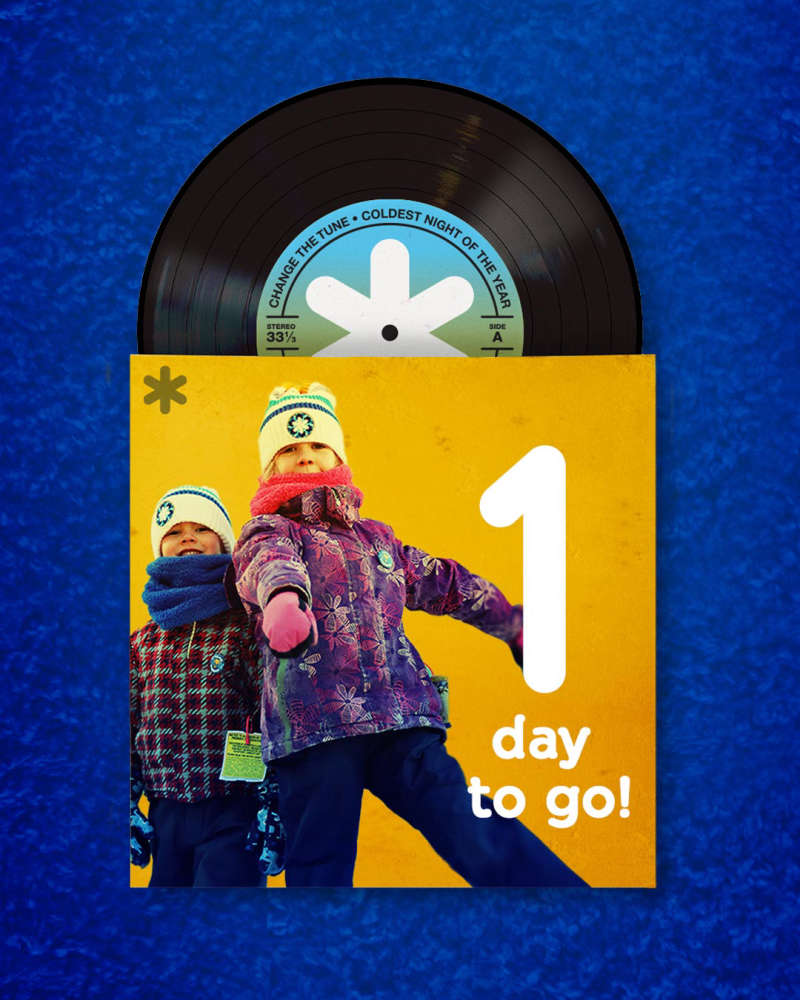
Coldest Night Of The Year events are taking part all across Canada tomorrow, including in our listening area.
The annual event raises money for local charities, like the Campbell River & North Island Transition Society.
There’s 2 ways to participate.
The In-person walk will be complete with 2 & 5km signed routes, rest stops & snacks at the end.
Or take part in a virtual walk as all CNOY locations will welcome offsite fundraisers, walking any day in February on a route of their choice.
Proceeds from the Campbell River event will benefit the Campbell River & North Island Transition Society, with money directly benefiting the Women's Drop-in Center, which has recently moved into a beautiful spacious location in Eagle Harbour that allows for an expansion of services.
The women’s center provides services to women that are in poverty, 35 percent of those are seniors and around 55 percent are indigenous women.
In the Comox Valley, the event will be hosted by the Comox Valley Transition Society & Dawn to Dawn at Native Sons Hall in Courtenay.
The Comox Valley Transition Society offers support to women, children and families through a variety of programs including those who are presently or are at risk of becoming homeless.
Dawn to Dawn is a community-based organization focused on preventing and addressing homelessness.
In-person walks will begin & end at Rose Harbour in Campbell River and at Native Sons Hall in Courtenay, in support of the Comox Valley Transition Society & Dawn to Dawn.
To register or for more information, go to Coldest Night Of The Year.
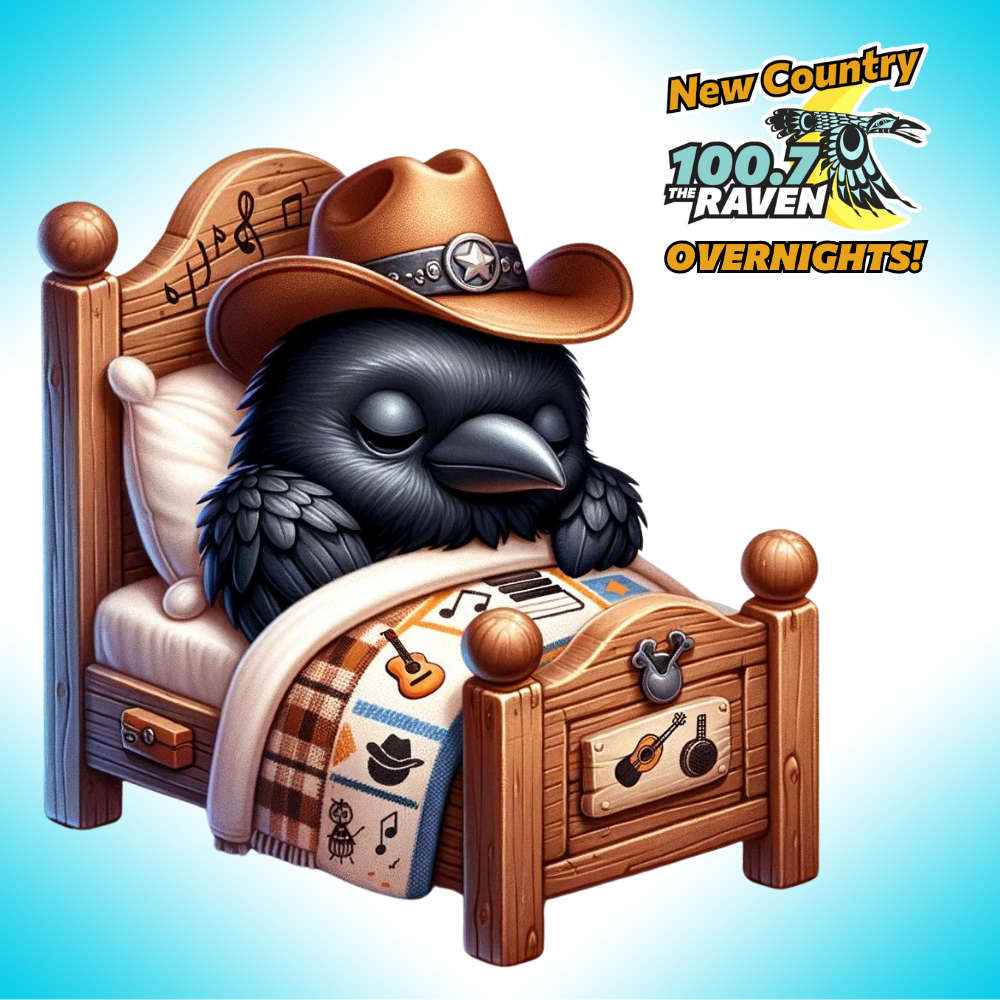
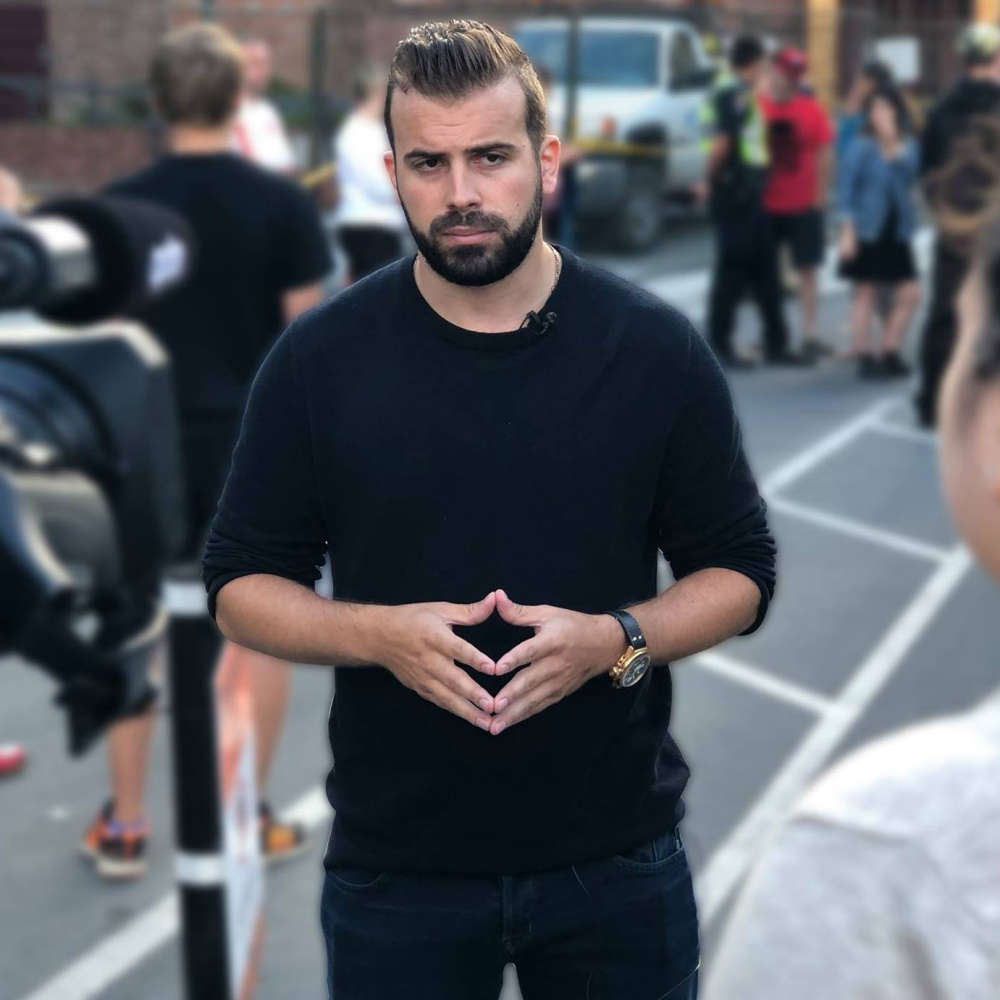 First Nation Leadership Council Calls For Conservatives To Pull North Island-Powell River Candidate
First Nation Leadership Council Calls For Conservatives To Pull North Island-Powell River Candidate
 North Island-Powell River All Candidates Debate At Sunday At Tidemark Theatre
North Island-Powell River All Candidates Debate At Sunday At Tidemark Theatre
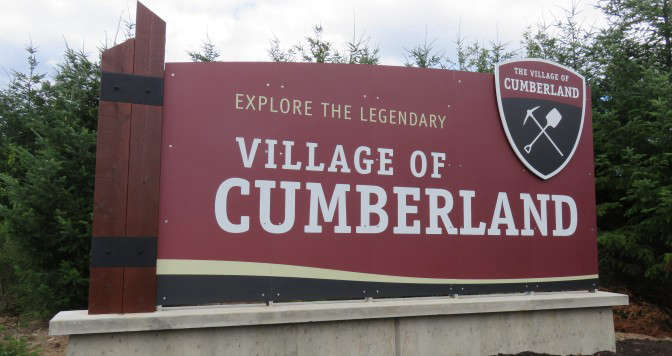 Cumberland Residents Are Encouraged To Report Incidents To The RCMP
Cumberland Residents Are Encouraged To Report Incidents To The RCMP
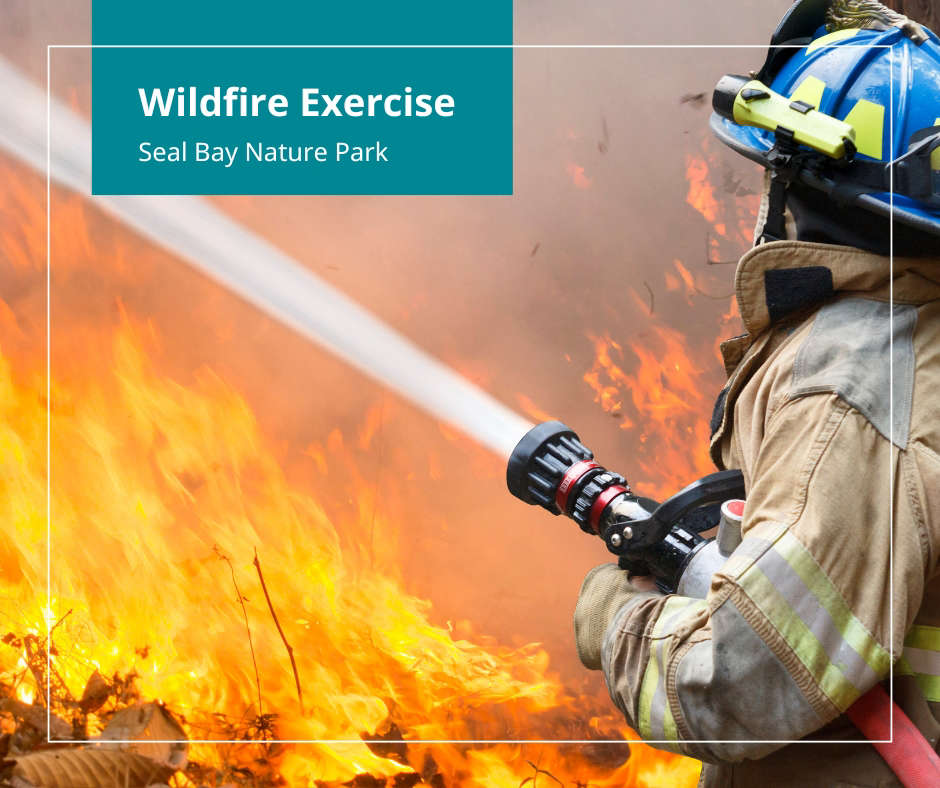 Training Exercise Today At 19 Wing Comox And Seal Bay Nature Park Area
Training Exercise Today At 19 Wing Comox And Seal Bay Nature Park Area
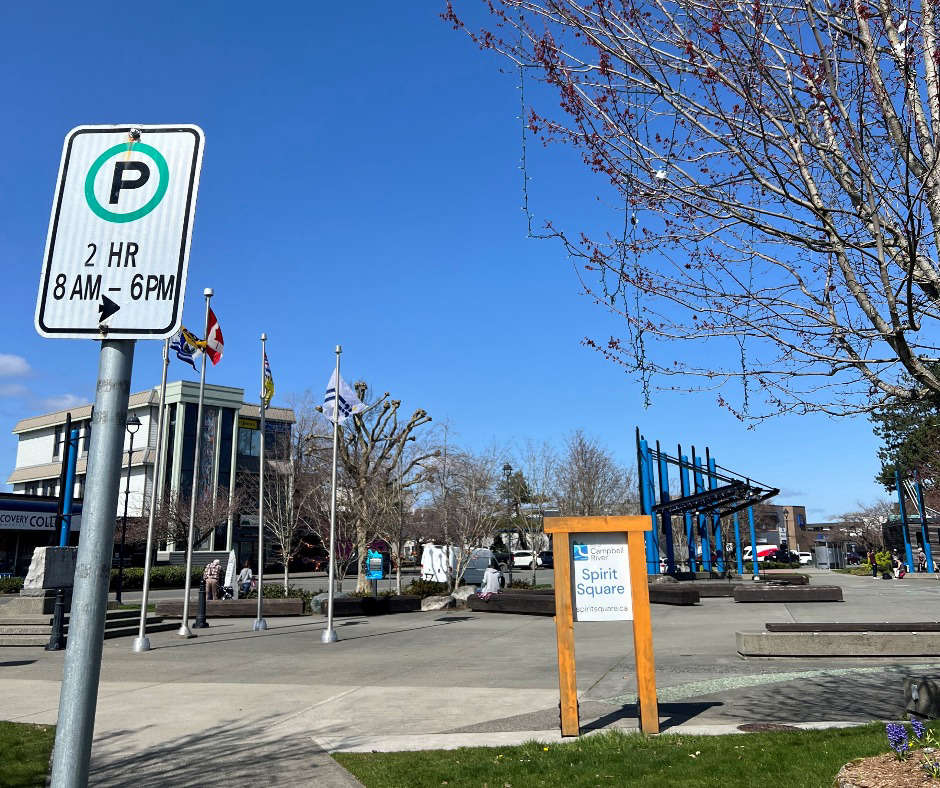 Campbell River Extends Downtown Parking Time Limits
Campbell River Extends Downtown Parking Time Limits
